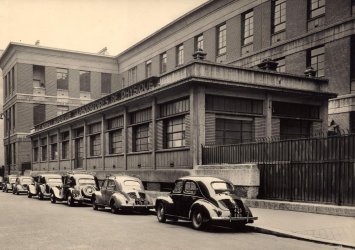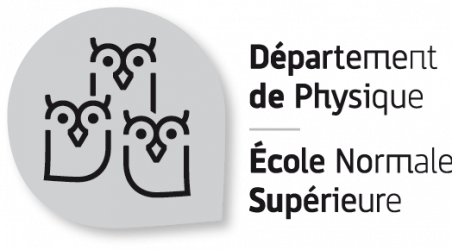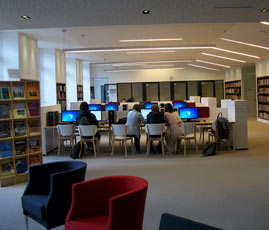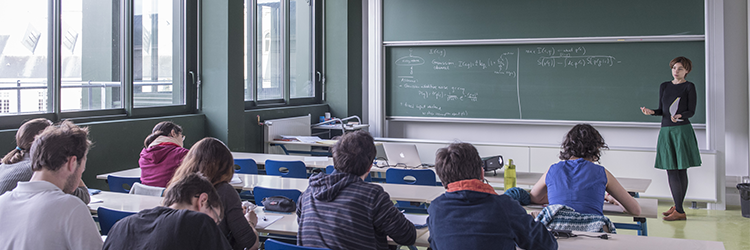Director : Jean-Marc Berroir Room : L061 Tél : 33 (0)1 44 32 33 59 / 25 90 Contact the director Director assistant : Laura Baron-Ledez Room : L059c Tél : 33 (0)1 44 32 33 59 Contact the director assistant Head of studies : Adel Bilal (...) | ↦ Read more
 Research laboratories
Research laboratories



 The Department of Physics
The Department of Physics
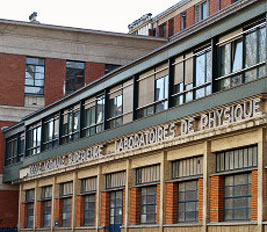
 Administration
Administration 